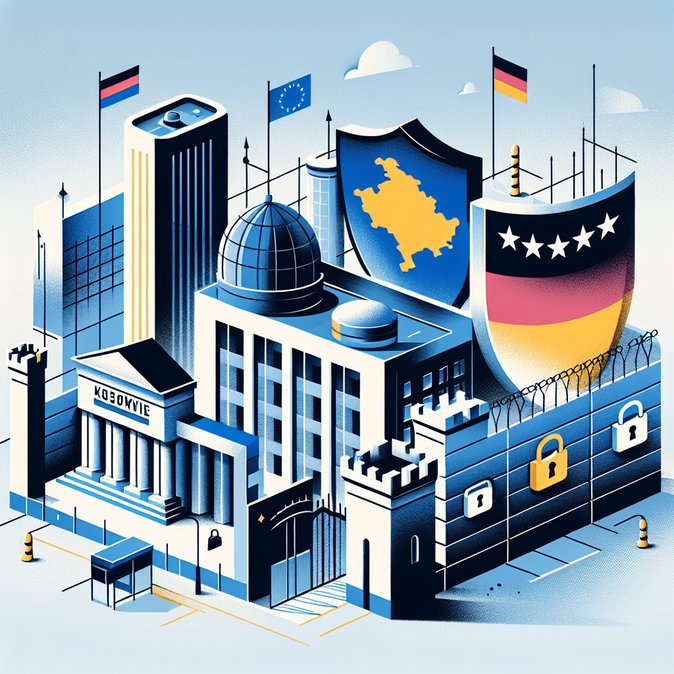
After social-media posts claimed Schengen visa slots at Germany’s embassy in Pristina were being sold for €500, the mission issued a rare public denial on 20 November. In a statement to Kosovo outlet Gazeta Express, embassy officials stressed that its online booking platform ties each appointment to the applicant’s passport number, preventing transfer or resale.
The rumours tapped into long-standing frustration in the Western Balkans, where demand for work and study visas far exceeds capacity. Applicants sometimes wait months for a slot, fueling a cottage industry of ‘fixers’ who promise early appointments—for a price. The embassy acknowledged delays but said any third-party offer “can only be fraudulent.”
![German Embassy in Pristina rebuts rumours of €500 ‘black-market’ visa appointments]()
Germany has digitised embassy appointments worldwide, yet high-volume posts such as Pristina, Tirana and Belgrade still face bottlenecks. The Foreign Office plans to add biometric-data preregistration and AI-driven identity checks in 2026, which it says will let missions schedule more interviews per day.
For employers relocating talent from Kosovo or neighbouring countries, the takeaway is clear: advise candidates to use only the official portal and to report solicitation attempts. Submitting complete documentation and flexibility on travel dates remain the best ways to secure a timely appointment.
The episode underscores the reputational risk consulates face when capacity constraints collide with viral misinformation. Transparency, Berlin argues, is the antidote.
The rumours tapped into long-standing frustration in the Western Balkans, where demand for work and study visas far exceeds capacity. Applicants sometimes wait months for a slot, fueling a cottage industry of ‘fixers’ who promise early appointments—for a price. The embassy acknowledged delays but said any third-party offer “can only be fraudulent.”

Germany has digitised embassy appointments worldwide, yet high-volume posts such as Pristina, Tirana and Belgrade still face bottlenecks. The Foreign Office plans to add biometric-data preregistration and AI-driven identity checks in 2026, which it says will let missions schedule more interviews per day.
For employers relocating talent from Kosovo or neighbouring countries, the takeaway is clear: advise candidates to use only the official portal and to report solicitation attempts. Submitting complete documentation and flexibility on travel dates remain the best ways to secure a timely appointment.
The episode underscores the reputational risk consulates face when capacity constraints collide with viral misinformation. Transparency, Berlin argues, is the antidote.








